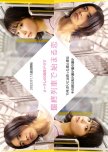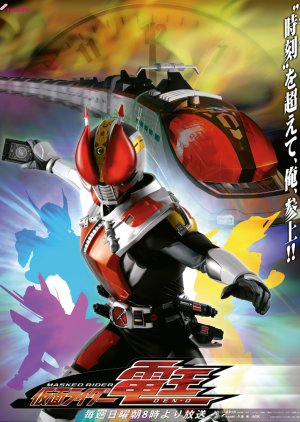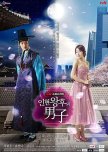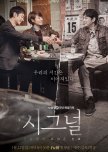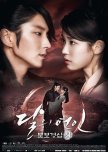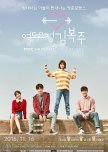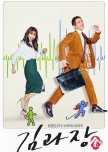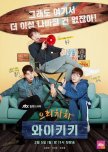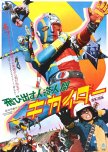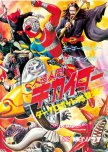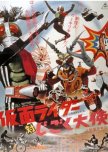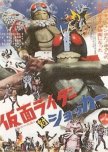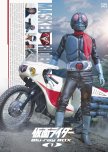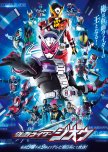
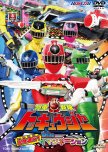
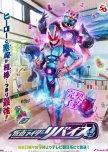
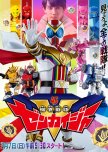
Both are tokusatsu shows written by a well-established female writer about a late-teen/young adult man who is surrounded by characters voiced by famous seiyuu. The lead character lives his daily life with a surrogate parental figure who runs a shop, after losing his parents at a young age.
The secondary, seiyuu-voiced characters also just happen to include an old-fashioned guy, an animal lover who only likes cute things, and a more nerdy/motherly character in both shows. However, while they are both color-coded, the personalities do not align to their similarly-colored counterpart.
And while Kamen Rider Den-O has the characters traveling through time to stop the bad guys, Kikai Sentai Zenkaiger has the parallel worlds come to them instead.
The secondary, seiyuu-voiced characters also just happen to include an old-fashioned guy, an animal lover who only likes cute things, and a more nerdy/motherly character in both shows. However, while they are both color-coded, the personalities do not align to their similarly-colored counterpart.
And while Kamen Rider Den-O has the characters traveling through time to stop the bad guys, Kikai Sentai Zenkaiger has the parallel worlds come to them instead.
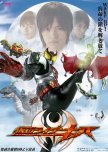
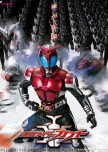
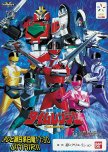
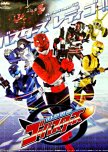
Both are written by Yasuko Kobayashi and so a lot of the same themes will be present. But also, both feature a group of non-human comedic characters that are partnered with the heroes and voiced by popular voice actors.
And the ending song for Go-busters is performed by the musical group, STARMEN. One of the members of said group was also the voice of Ryuutaros from Kamen Rider Den-O.
And the ending song for Go-busters is performed by the musical group, STARMEN. One of the members of said group was also the voice of Ryuutaros from Kamen Rider Den-O.
